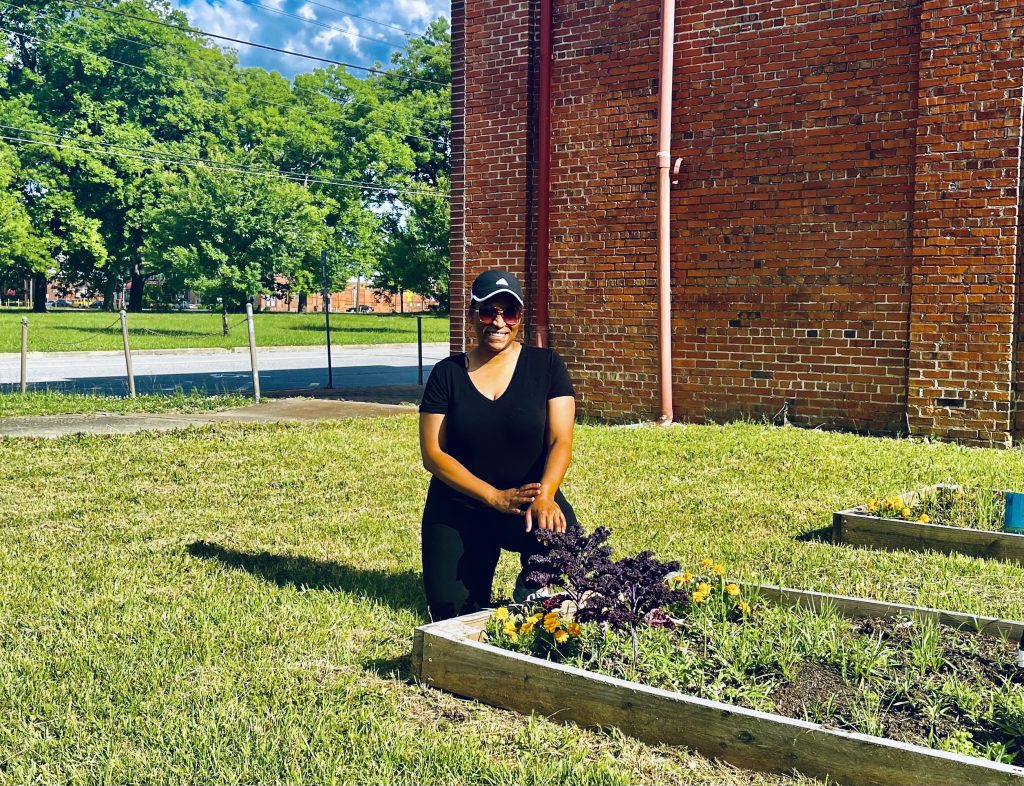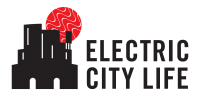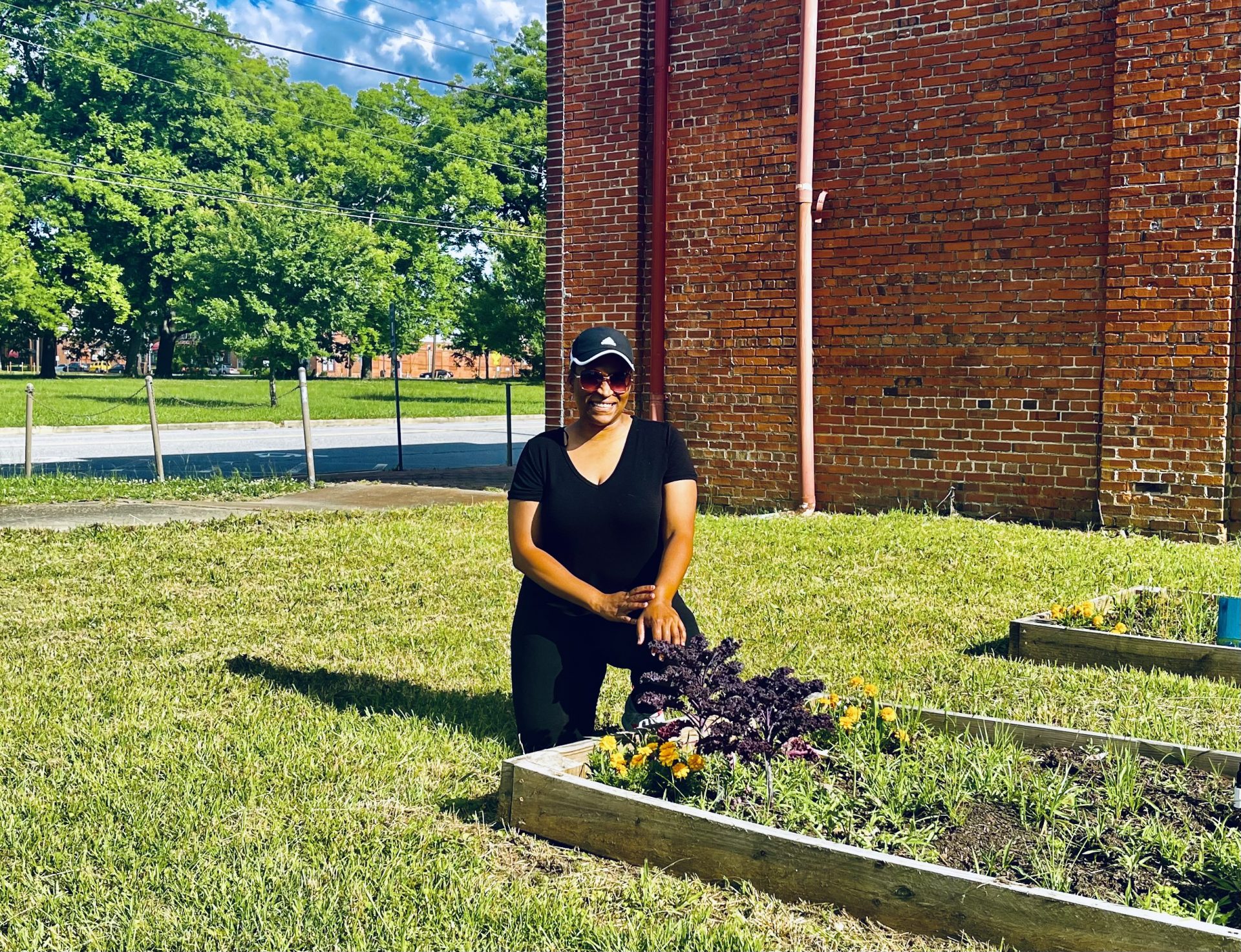Why have you taken on growing fresh produce and eating well as a personal cause?
“Because food sovereignty is a community effort. If I am affected, indirectly or directly, then the whole community is affected by the lack of food.
Being a food/agriculture activist, I can’t sit by in a food desert — having the skills that I have to grow food and to teach people to grow food — and do nothing. My conscience won’t allow me to just sit and not be proactive. That is my mission in life. A lot of people have different callings in life and this is mine, Agriculture and food sovereignty — that is my lane. I’m comfortable in this lane.
The benefit for me is I get to educate people about my passion. I get to educate people on why food is important, on why food security is important. Of course, I get personal satisfaction in seeing people empower themselves to grow. Do that, and you create more people who are excited about growing and solving their own issues.”
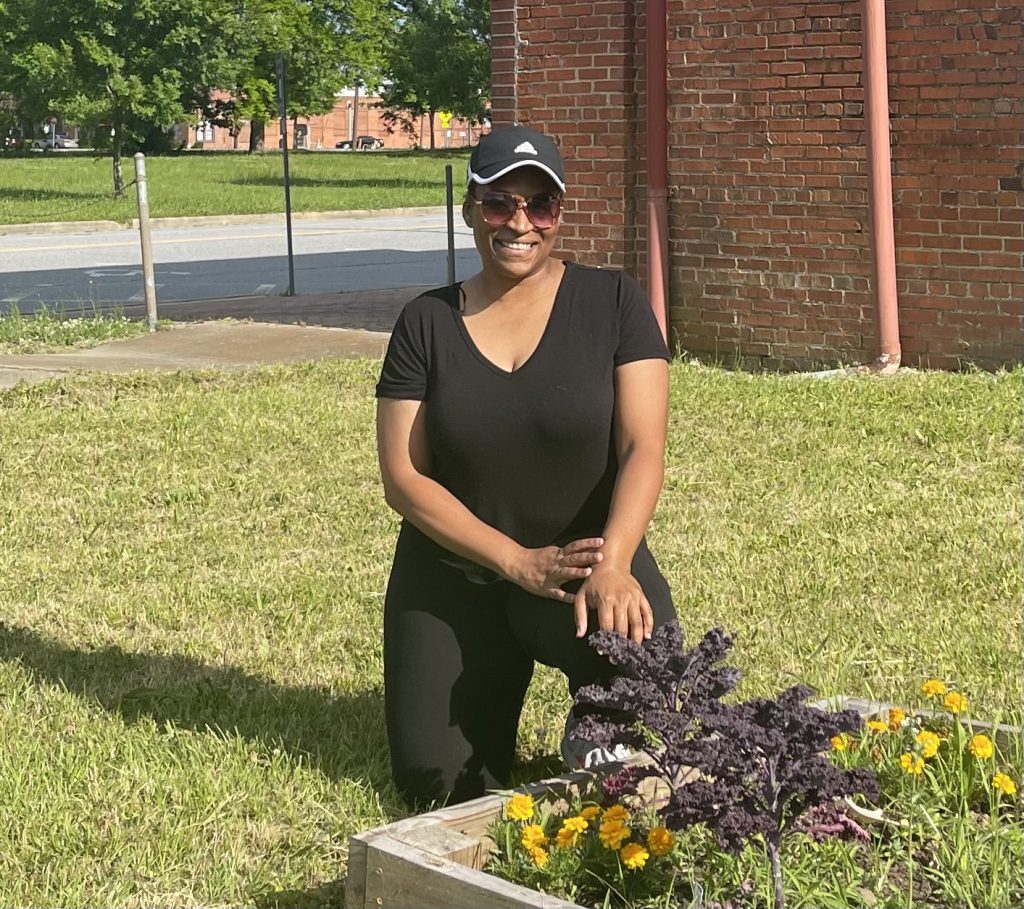
What all do you have going on here with the garden outside the Liberty Theatre?
“The plans that we have for the Liberty are to create a community garden that will serve people who are in close proximity to the garden. Also to help out local restaurants; we are definitely targeting minority restaurants so that people can benefit from the garden.
We’re trying to connect the neighbor to the chef to the activist to the theater and arts. And just try to bring everyone together around food security.
The LIberty District garden is here to educate people and get people active in growing food.”
What can you tell me about the Durty Mixer ‘21 event coming up on Thursday, May 27?
“It’s about getting people comfortable with trying plant-based foods. A lot of people are unfamiliar with what that means: ‘How can I cook something from my garden? And when I try to cook it, it doesn’t turn out right, it doesn’t taste good.’
What I would like to do is get people who have the same goal in the same room to network with each other and to enjoy nice tasting food that is plant-based. Get people talking to each other about food security, talking about health, trying new things, and get comfortable trying it — not in a judgey environment, but relaxed.”
What are some of the challenges to your mission of getting people to establish their own food security and eating healthy, fresh produce?
“Right now, the challenge is the government. Those in power who have the ability to make a change.
We are finding it hard to get them to understand the importance of food security. Sometimes people get comfortable in their own way and they can’t really see the plight of other people in the community. A lot of times it comes back to that they may not be educated on the lack of transportation in this community, on the walking distance to a healthy food store.
With our officials, we need to come together so they understand what we’re really doing here. And not look at it like ’That’s just another community garden and community gardens go dormant.’
We have to start looking at community gardens as access to available food for that community. It takes local officials, it takes people who are working the community garden, to come up with ways to tell people, ‘Hey, come get food at this community garden.’
It is all of our responsibility. Everyone can’t get to the grocery; everyone can’t get to the food bank. If we have enough community gardens within walking distance, that would relieve a lot of people of food disparity.”
You had the idea for a food forest a few years back.
“I was working on that way before the one in Atlanta opened. But the city was like, ‘It’s going to be hard to do this.’ It was more of what we can’t do. Everything was what we can’t do, what we can’t do, can’t do. There was very little of what we can do.
Now we see Atlanta has a food forest. People can walk through there and pick their own food. They can volunteer there.
It also preserves the ecological environment within an urban setting. We need that. With all the changes, more roads being put in, we need a lot more conservation in the urban settings.”
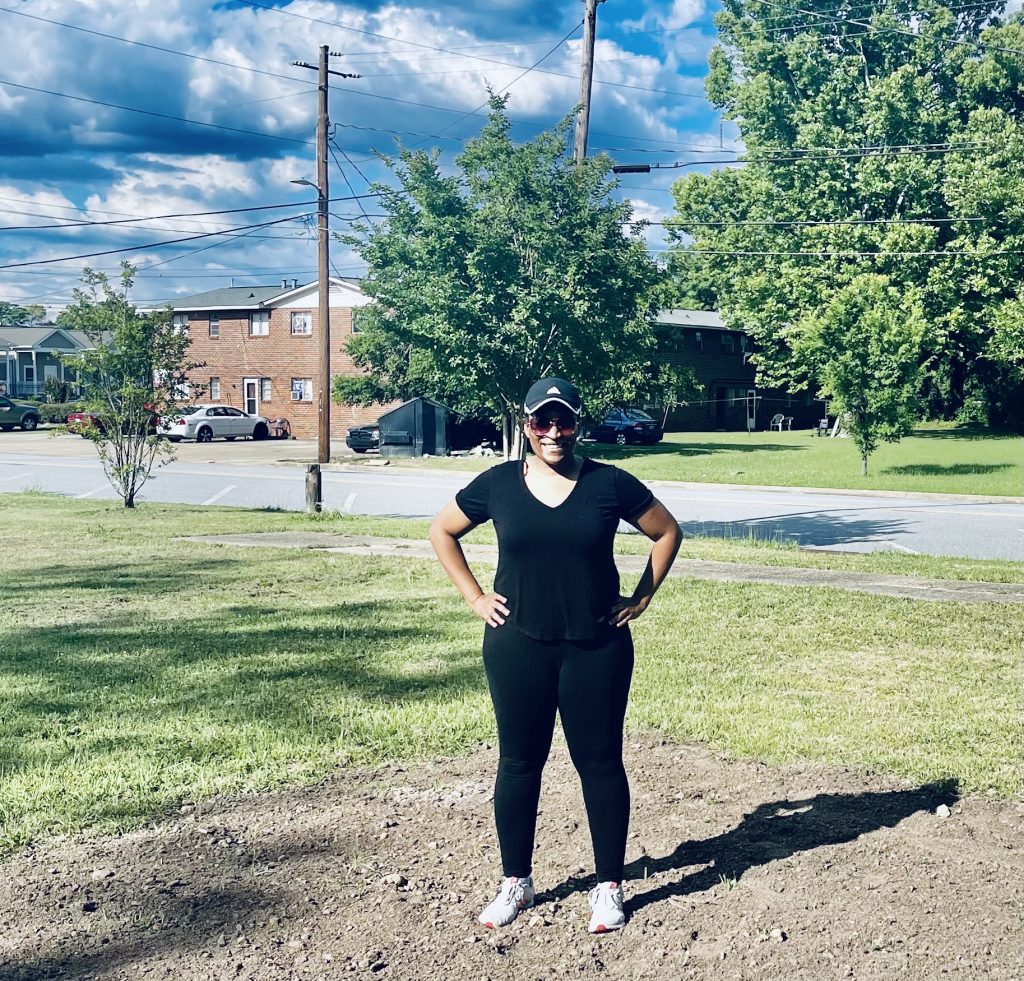
she says city officials will not allow to be cultivated as a community garden.
Why do you think we’ve gotten so far away from eating healthy?
“Convenience. Everything is convenience.
You want it fast because everything is fast-paced. A lot of people have the thing: ‘If I can get it from McDonald’s faster than I can grow it, then I’m going to eat at McDonald’s.’
A lot that comes in as forced choices. It’s cheaper for me to go get a burger or a bag of chips from the store than it is for me to grow. Because I may not know how to grow. Or I don’t know if I have access to a place to grow.
We run into different problems but that is the main reason. It’s convenient. It’s cheap.
So we’re in a competition with big-box fast food. But the thing about it is, if we get more people to eat healthier, if we get more people to advocate for food security, then McDonald’s at some point is going to have to get on board.
That’s what I mean when I talk about food sovereignty. The economic part of it. If we get enough people telling Dollar General, ‘We want fresh fruit in here. We want fresh vegetables in here. There is not a grocery store around here, so you’re our only choice. We need fresh produce in here, or we’re not going to buy anything.’
They’re getting all our money off all these empty-calorie things. Put pressure on these companies and they would change. Family Dollar and Dollar General have done that in some areas.
It’s really about getting the people moving, educating the people, and making them confident enough that they can facilitate change.”
Do you think people are getting more hip to the idea of eating well?
“I think the pandemic pushed that on a lot more. It’s people wanting to do their own thing because they didn’t want to get out and go to the grocery store. So, yes, I think people became more interested in growing their own food. And just getting healthier, having a better immune system.”
Hometown; Columbus, Georgia
Education: Rose Hill Elementary, Jordan High School
Work: Scientist at local biotech company HPPE (“We study bacteria and pathogens and do things like fermentation.”)
Favorite vegetable: Beets
Favorite fruit: Watermelon
Favorite book: The Quran
Worst thing about living in Columbus, Georgia: “Slow change.”
Best thing about living in Columbus, Georgia: “I love the people.”
#1 benefit to eating well: “Eating well makes you smile. It makes you happy. And if you can be happy, you’ll live a long life.”
